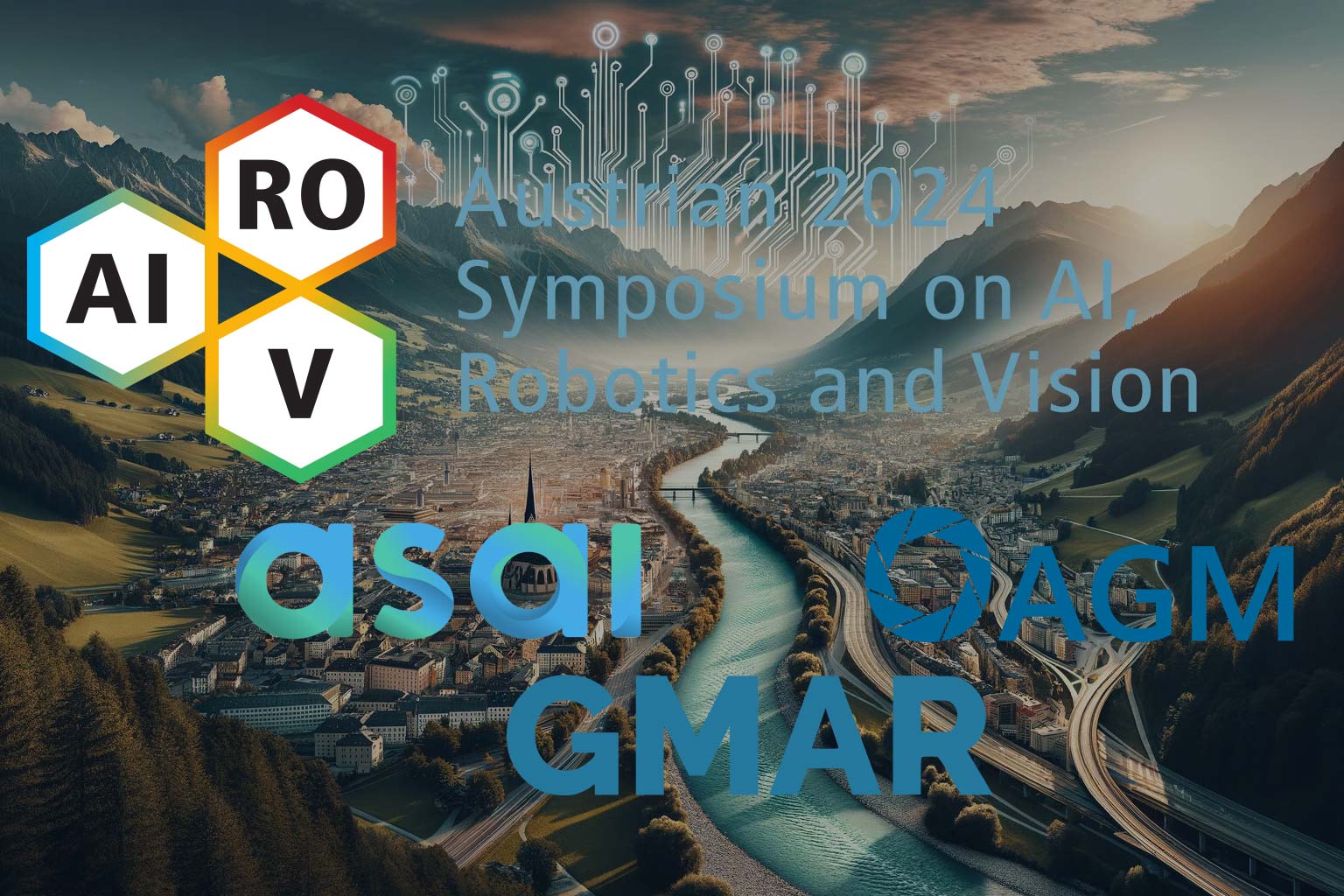Challenges of Digitalization within Modern Health Systems (CD‑MHS)
WORKSHOP 10:
Modern technologies such as Artificial intelligence (AI) and Machine Learning (ML) are revolutionizing modern health systems, offering transformative potential to enhance patient care, improve clinical decision-making upon automated diagnosis tools, and to augment and improve healthcare operations. Participants will present and discuss various aspects of healthcare, from human-medicine to veterinary medicine and their interconnection with the environment, as stated in the “One Health” paradigm. In fact, for modern health systems, in addition to medical aspects also legal, technical, ethical, and socioeconomic aspects are of relevance, making the topic highly interdisciplinary.
ADVANCING EMERGENCY LOGISTICS MANAGEMENT THROUGH TECHNOLOGICAL INNOVATION:
THE ROLE OF THE EMERGENCYEYE TECHNOLOGY
Guenter Huhle & Viktor Huhle
Corevas GmbH & Co. KG
Alt-Mühlrath 22 | 41515 Grevenbroich | Germany
During crises and disasters, emergency management relies on efficient coordination by centers to facilitate timely responses and resource allocation. This paper introduces EmergencyEye® technology, a communication platform, designed to elevate emergency logistics and coordination by integrating mobile sensors, particularly video transmission, into crisis management systems. Leveraging technologies such as AI, big data analytics, and blockchain, EmergencyEye® aims to improve resource allocation, coordination, and remote support in emergency and crisis situations. Through features like real-time data transfer, AI-enabled modules, and WebRTC integration, the platform enables App-free precise localization, live video streaming, and multilingual communication, enhancing situational awareness and response efficiency. Previous studies underline the positive impact of video support and smartphone data utilization in crisis management, emphasizing the importance of intuitive interfaces and data-driven decision-making frameworks. Despite the potential benefits, challenges such as information overload, privacy concerns, and regulatory compliance must be addressed. The EmergencyEye® technology adheres to GDPR guidelines, prioritizing user consent and data security. Overall, this technology represents a significant advancement in emergency and crisis management, offering a comprehensive solution to address the complexities of emergency remote support, decision making, logistics and coordination.
Corresponding author: guenterhuhle@corevas.de
